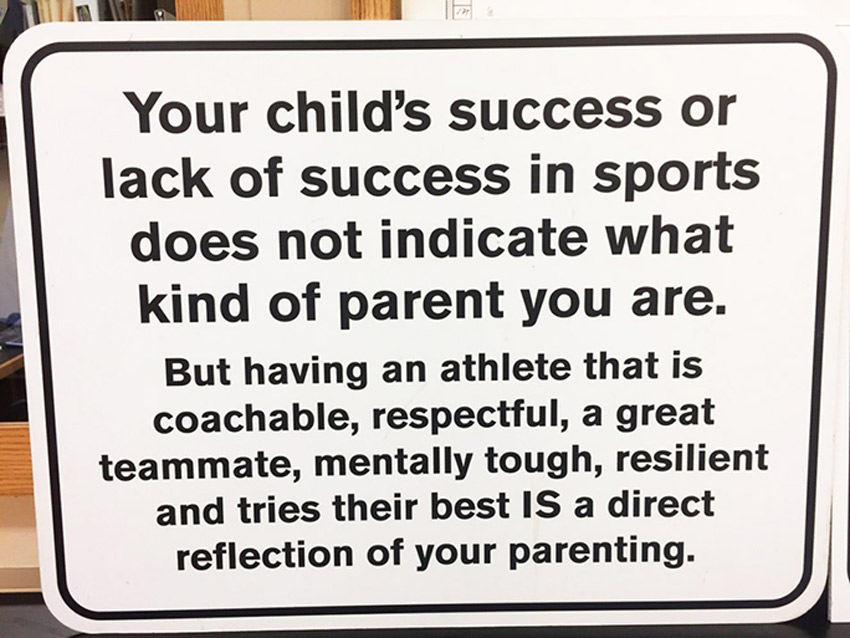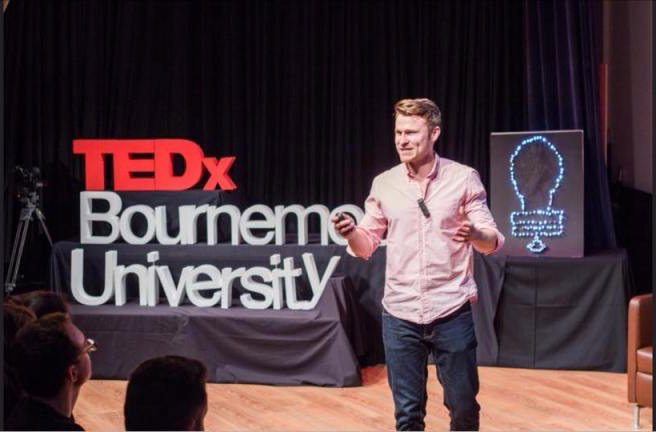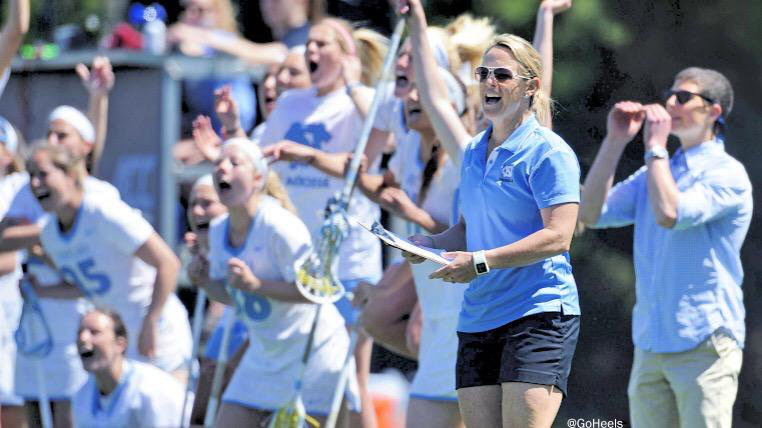Signs of the Season

by Edith Thys-Morgan
Last weekend, I saw this sign in Killington Ski Club (thanks for pointing it out Chuck!), and it reminded me that it’s time to do a little prep work for ski season. Usually this time of year is when I roll out some reading resources for parents to help them keep their eyes on the real prizes of youth sports.
But really, who needs another reading list? With the embarrassing amount of driving I do, I’ve become a big fan of podcasts. Blame it on Serial all those years ago. I’m still a Moth junkie but increasingly I gravitate towards podcasts on sports and coaching.
This has been particularly useful while putting together an upcoming story for Ski Racing on what makes a great coach and another for racerex on the importance of a good team culture. In talking to coaches and athletes extensively on these topics, it is clear that transformative athletic experiences—the ones we all hope our kids get from sports—involve much more than mastering technique and tactics. They start with coaches who create a positive culture, value relationships before results, set up a supportive team dynamic, and connect with athletes as people first. Sure, none of this is rocket science, but the greats are intentional about their craft, and internally driven towards continuous improvement.
So I have for you, a listening list. Recently I started listening to the Way of Champions podcast, which is done by John O’Sullivan of Changing the Game Project. I often refer to this site, and to things I have learned on it. In his podcast John interviews many of the people who have contributed to his consistent message of mending what’s become broken, bruised and lost in youth sports.
Here are some of my favorites so far:
Sam Walker, author of The Captain Class describes that the common success factor of the world ‘s greatest teams are the team captains, or leaders. Spoiler alert: the best leaders are typically not the superstars and do not want the spotlight. They do work behind the scenes as communicators and connectors. He makes a compelling case for not passing over or ignoring the “water carriers” in order to attain or attend the great players. These apprentices and journeymen can grow into great players themselves but they also, as they are, play key roles in team success.
If you don’t yet know about Jim Thompson and the Positive Coaching Alliance (PCA), his is a must listen. PCA’s mission of creating “better athletes, better people” is really at the core of this movement to tame youth sports. My favorite concept of this talk is that “connection precedes commitment,” which meshes perfectly with what I learned in my interviews. The number one thing athletes say about their great coaches is: ‘They believed in me.’ Coaches that constantly question this or that athlete’s commitment, would do well to listen up to Jim. If you haven’t invested in truly connecting with an athlete, don’t expect their trust or commitment.

Tom Bates Performance Psychologist for Aston Villa Football Club has a pretty inspiring talk on the importance of team culture. When asked about the first thing you do to start building a team culture Bates suggests you “start with why.” Ask the team “why are we here? What does it mean to be part of this team?” He goes on to explain that culture can’t be prescribed. Rather, it has to be part of the fabric of the team, owned by the entire team including athletes, coaches and—in youth sports— parents. In talking about the importance of a caring environment Bates quotes soccer great Brendan Rogers, who says that every player comes to practice with four words on his/her head: “Make Me Feel Loved.”
UNC lacrosse coach Jenny Levy has another great take on building team culture. Among the highlights: “Sustainable success happens with family— It isn’t the winning, it’s the atmosphere.” She includes the tough to believe advice she once got from her coaching mentor that, “You have to be okay doing what is best for your program and it may mean you never win.” She listened, created a culture of connection, and won…a lot. Jenny has excellent advice for young coaches, as well as advice to parents on when you do and don’t need to step in with your child’s coach.

Brett Fischer, PT for the Arizona Cardinals makes a very clear case about the perils of early specialization in sports, in greater risk of injuries and decreased athletic development. Before you sign jr. up for year-round baseball, soccer, hockey or whatever, you might want to listen to this. One highlight from the talk: over 90 percent of the 2017 NFL draft picks played multiple sports in high school.
Finally, Amanda Visek, the George Washington University researcher behind the “Fun Integration Theory,” explains her research with kids, parents and coaches that identified 81 Fun Determinants. It turns out, kids actually define fun in ways that are not about goofing off. Fun is about working hard, being respected, learning new skills, being a good teammate and a lot of other good stuff. I talked about Visek’s work in my TEDx talk last year, and she has since taken the research further, all in the hopes that we can give fun—and the shameless pursuit of it—the cred it deserves.
So that’s about it for now. I hope this listening list keeps you occupied and sparks some ideas you can use and share. Enjoy the rest of fall, and I’ll say it—let it snow!
Read more from Edith Thys-Morgan at racerex.com